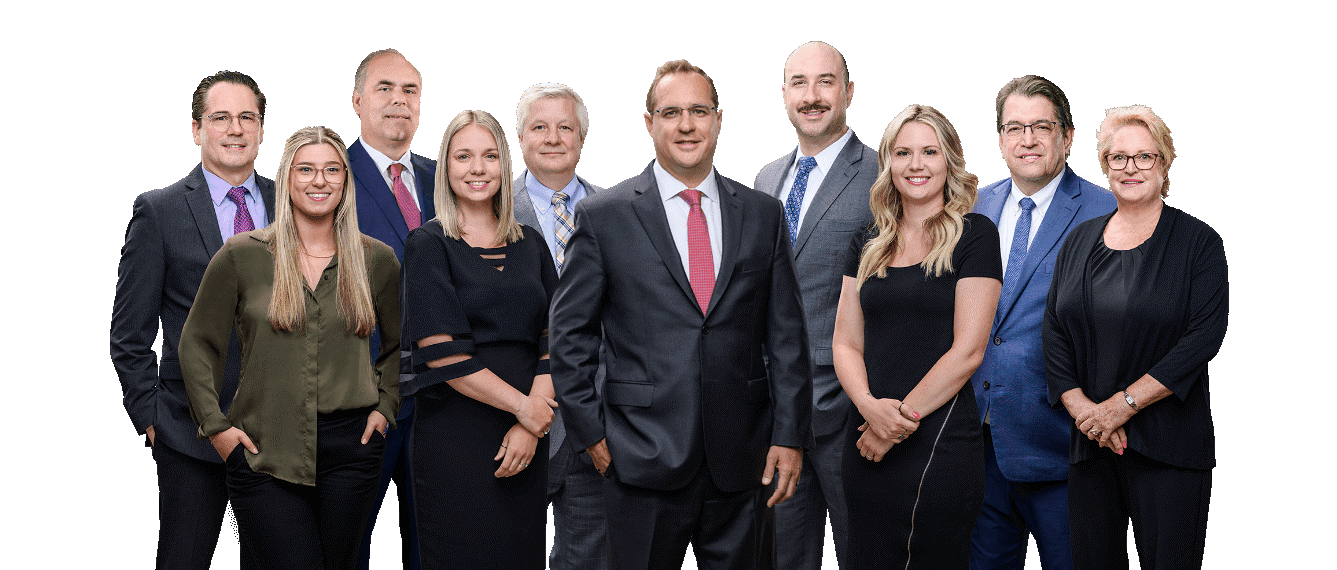When injury victims bring their cases to the negotiation table, it’s not just about discussing numbers; it’s about strategic advocacy, evidence collected, and deep legal knowledge. Michael Johnson Legal LLC, stands out with a clear commitment to maximizing compensation and client-first representation. Here’s a comprehensive look at how they secure successful outcomes before trial.
1. Meticulous Case Investigation & Evidence Presentation
A core strategy employed by the firm is its thorough case investigation. Attorneys work closely with clients to collect crucial evidence, medical records, accident reports, witness testimonies, photos of injuries and damage, and even expert opinions such as accident reconstruction or expert medical analysis. This strong foundation based on evidence strengthens negotiation by proving liability and damages, key leverage when facing insurance adjusters.
2. Building a Strong Case for Full Compensation
Understanding the value of both economic (medical bills, lost income, property damage) and non‑economic damages (pain, suffering, emotional distress) is essential. The firm uses proven frameworks like Michigan’s no‑fault insurance system to calculate maximum recovery. Their team educates clients on Michigan’s no-fault structure and ensures Personal Injury Protection (PIP) coverage and beyond are fully considered. Highlighting long‑term and future medical needs is another way they justify higher compensation.
3. Proactive Response to Insurance Tactics
Insurance companies frequently start with lowball offers, hoping claimants will accept quickly. Michigan Injury Lawyers caution that early settlement proposals often undervalue the case. At the negotiation table, the firm expects this move and counters effectively:
- They demand comprehensive justification for low offers.
- They respond with documented counteroffers aligned with real damages.
- They deploy consistent, assertive negotiation tactics to push insurance companies to reconsider.
4. Patience: Waiting for Maximum Medical Improvement
A critical negotiation tactic is withholding agreement until the client reaches Maximum Medical Improvement (MMI). Settling too early can overlook hidden injuries or long-term complications. The firm advises that accepting an early offer before achieving MMI may limit total compensation. This patient’s smart approach ensures that all future medical expenses, visible or unseen, are included.
5. Continual Counteroffers & Strategic Deadlines
The negotiation process isn’t a one-time event; it’s an ongoing dialogue. The firm actively negotiates higher figures after initial lowball attempts, engaging adjusters until the highest reasonable offer is on the table. Clients are guided carefully through deadlines, often with extended legal counsel, to avoid accepting prematurely.
6. Suit Ready: Litigation Leverage as a Tool
One of the strongest negotiation strategies is the credible threat of litigation. The firm is always prepared to file a formal lawsuit if the insurer refuses to settle fairly. This readiness is a powerful motivator for insurance companies; they often decide to improve offers rather than deal with court costs, uncertainty, or jury decisions.
7. Transparent Communication & Client Empowerment
Clear communication boosts negotiation outcomes. From the start, your lawyers will explain each phase of the negotiation process, educate clients on their rights and options, and involve them in every step, especially when considering a settlement. This transparency builds trust and ensures clients are fully informed before making critical decisions.
Final Thoughts
At the heart of their negotiation strategy is a blend of detailed case preparation, assertive negotiation, patience for full recovery, litigation readiness, and consistent client education. This methodical approach ensures they don’t just settle but settle well.
If you’ve suffered an injury due to someone else’s negligence, don’t leave money on the table. Michael Johnson Legal LLC offers a free consultation to explore your case, assess your rights, and prepare you for strong negotiations or litigation if necessary.

